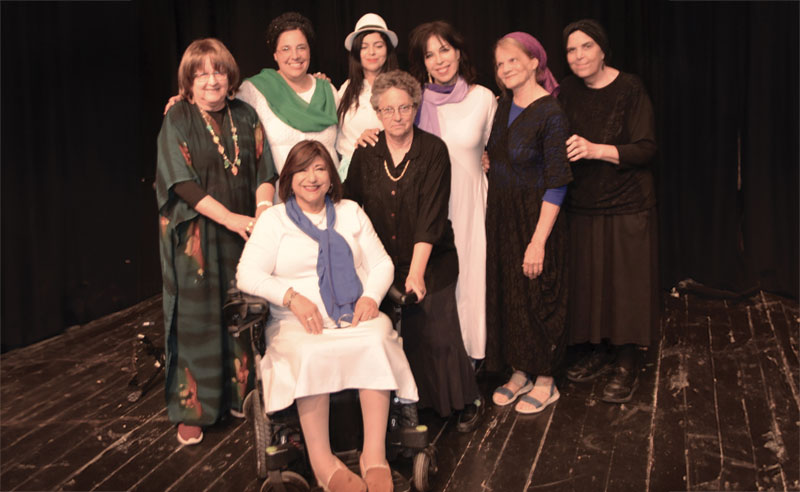
Sometimes paths intersect and juxtapose in unpredictable ways. This is a story of how my friendship with the poet Hava Pinhas-Cohen, some of whose poetry I have translated for this paper, intersected with my theater work. But first, the back story.
In the 1970s, Dr. Daniel Tropper, a recent immigrant to Israel from New York, founded the Gesher organization, whose goal was (and still is) to bridge the gulf in Israeli society between what is colloquially referred to as “religious” and “secular.” In my experience, neither of those words reflects the Israeli reality. “Secular,” as commonly used in Israel, is “hiloni” in Hebrew, but even most “hiloni” Israelis are traditional in some way, and on the flip side, my mother, of blessed memory, instilled in us the awareness that one can be religious without being Orthodox.
Most of those who call themselves “secular” in Israel observe Passover seders, a semblance of the High Holy Days and even acknowledge Shabbat in some way, even if only as the evening that the nuclear or extended family gets together for a meal. Some of them light candles before they go out for the evening. Not to mention that the very fact they live in the land of Israel (and defend it, sometimes to the death), certainly signifies that they are keeping among the most important mitzvot in the Torah. So I prefer the term “Orthodox” and “non-Orthodox.”
“Gesher” means “bridge” in Hebrew. The song “Gesher T’zar Me’od,” “A Narrow Bridge,” familiar throughout the world, was composed by Rabbi Baruch Chait at the request of Tropper, and was performed for the first time at a Gesher seminar at the end of Shabbat on the Succot holiday, 1972.
I was a counselor at those early Gesher seminars, where I met a teenager named Hava, who came from a non-Orthodox home and school. Hava and I formed a close friendship because, among other reasons, both of us wrote poetry — she in Hebrew, I in English.
When Hava graduated high school and entered the army, she would sometimes spend Shabbat with a friend and me in our singles apartment in Jerusalem. Years later, when I met her mother at the Kisufim (writers) conference she created in Jerusalem, her mother kindly referred to me as Hava’s “surrogate mother.” It touched me deeply. Hava Pinhas-Cohen went on to become a celebrated Israeli poet, whose books have been translated into multiple languages. Among her many awards are the Prime Minister’s Prize (1996), the Alterman Prize (2002) and the First Lady of Israel’s Award for Hebrew Poetry (2022). Sadly, she passed away in October, 2022.
So when I saw that her daughter, Zohar Cohen Beychok, was producing a fringe theater festival at the Beit Mazia Theatre in Jerusalem, and had put out a call for plays, I reached out to her, undeterred that it was past deadline. Zohar accepted my offer that the English-language play I have co-produced with Myra Gutterman, and directed since 2018 in Israel (and performed for a week in New York in 2019), “Mikva the Musical, Music & Monologues from the Deep,” would perform in Zohar’s festival, for the first time taking the plunge in Hebrew. Our play was originally envisioned by Gutterman as only monologues. After she collected a number of those, I joined her, we collected more monologues and added songs.
And now, we decided to include new monologues that were written since Oct. 7, including those that portray the challenging emotional experiences of women who attend mikvah during war time, when they do not know when their husbands will be returning from battle. We received some of those stories from Rabbanit Noa Lau, who is coordinator of Nishmat’s Keren Ariel Yoatzot Halacha Program that trains women to be halachic (Jewish law) advisors on issues of family purity and mikvah. Rabbanit Lau is herself a veteran yoetzet halacha. She forwarded to me more war stories than we could use, each one heart-wrenching yet inspiring.
There is also a story based on an article I had read by Barbara Sofer, in the Jerusalem Post. It was about Ronit Cohen, a mikvah attendant from the haredi town of Beitar Illit, who was wounded in the beginning of the war when a rocket fell near where she and others were huddling under a bus stop shelter.
On October 9 Ronit had been on her way to her job at the mikvah. She saved the entire bus full of people; there was a lot of noise on the bus and none of them heard the warning siren. Her daughter called her and shouted, “Ima! There is a siren!” and Ronit, who describes herself as a “quiet, gentle person,” screamed at the top of her lungs “Siren! Siren!” as a result of which the driver stopped and everyone rushed off. She was the last one off, was severely injured, evacuated to Hadassah Ein Kerem and found herself surrounded by 13 doctors and nurses. Ronit only returned to work eight months later, a few weeks before we presented her story on stage.
On July 21, the day of our performance in Beit Mazia, I called Ronit Cohen to invite her as our guest. I didn’t tell Hanna, the actress performing her monologue, “Balanit (mikvah attendant) Between the Rockets,” as I thought it would put undue pressure on her. Unknown to the audience, she had said to me, during rehearsal, that she had difficulty connecting with the monologue. I had told her, “Put yourself in the shoes of the balanit, try to imagine how she felt,” and in the end Hanna gave a magnificent rendition of Ronit’s story.
We follow each performance with a discussion, where women react and also share their own stories. At the end of the evening I announced to the audience and the actors, “I have a surprise for you” and introduced Ronit the balanit. She came to the front and spoke about what she had endured, as she was still working to deal with both her physical and emotional pain. She had asked herself, “Why me? I was on my way to do holy work. I called a great rebbetzin,” she said, “and she told me, ‘Ronit, if you would not ask questions, and you didn’t cry, I’d be worried.’”
We follow each performance with a discussion, where women react and also share their own stories. At the end of the evening I announced to the audience and the actors, “I have a surprise for you” and introduced Ronit the balanit. She came to the front and spoke about what she had endured, as she was still working to deal with both her physical and emotional pain.
Ronit said the doctors told her that it was a miracle that she wasn’t more badly injured. “Baruch Hashem I returned to work two weeks ago, after eight months and three weeks,” saying the women she attends to in the mikvah told her how much they had missed her.
Several women praised the fact that in our show we include a dialogue that is recited in tandem by an abused wife, who is crying in anguish, and by a mikvah attendant who discovers the bruises on her body and listens to her story. In our playbill we usually include phone numbers of help lines and women’s shelters that can be contacted; often the mikvah attendant is the first one to become aware of the problem. Other monologues relate to anxiety (when taken to an extreme, OCD), hydrophobia and infertility, and there is a moving story by a woman who, through her careful checking of her body before toveling (dipping) in a lake at camp in the US, discovers a lump that is revealed to be breast cancer; ultimately, she says, the meticulous checking in the dark saves her life.
Several women praised the fact that in our show we include a dialogue that is recited in tandem by an abused wife, who is crying in anguish, and by a mikva attendant who discovers the bruises on her body and listens to her story.
On the lighter side, there are stories about how a woman on her way to the mikvah on Friday night has to walk by men coming home from synagogue. She ties her towel around her waist, beneath her coat, and carries a cake, as if going to visit a sick friend, and the towel falls down. “I just walked on,” she says. “It didn’t come from me.” This engendered laughs in the audience and stories during the discussion about how women come up with excuses so they can keep their mikvah attendance discreet from their young children. (I gave a shout-out to my adult daughter, who was in the audience, to more laughter, when I said, “Remember when I used to tell you kids I was going to work on Jill’s computer?”)
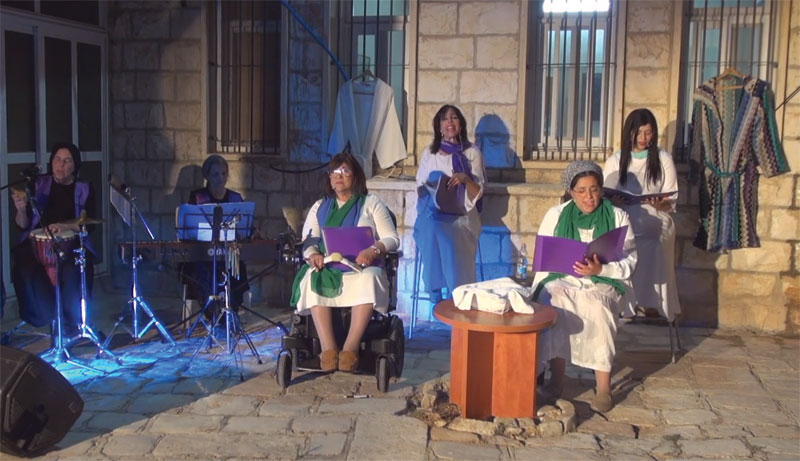
Once we had closed the deal with Beit Mazia, we were also invited to appear at a performing arts festival, called “360 Degrees,” planned for the week before, at the Kfar Shaul Mental Health Center. It was the second year in a row they were having the festival, initiated and directed by Adam Yachin, a theater person who had been a volunteer in the village and decided to hold a festival there to bring the issue of mental health out of the shadows, to share with the wider community. All the residents of the village could attend any performance for free. The Jerusalem Municipality and the Ministry of Culture and Sport were supporters of both festivals, and our mikvah play operates under the non-profit aegis of Raise Your Spirits Theatre.
Thus it happened that on July 16 we performed at the 360 Festival, on the backdrop of an old Jerusalem stone building, in a beautiful outside courtyard.
Another article I had “mined” from The Jerusalem Post was by Alan Rosenbaum, published during the war though it wasn’t directly war-related. It was about Noa Amalia Arazi, a soldier with a Jewish Israeli father and French Catholic mother. Her mother, who had always felt a connection to Israel, after multiple difficulties in her conversion process, converted through the Reform movement in Israel. Noa, who became an officer in the IDF, eventually underwent an Orthodox conversion through the army’s Nativ conversion program and today helps others who are seeking to convert.
Noa sat in the front row as her monologue was performed at the Kfar Shaul festival by actress Adina Feldman, who composed and sings the songs in the show, in addition to being the music director and choreographer. Feldman also heads of the music performance department at Ono College. Noa watched and said afterwards: “Thank you, it was such a privilege to see my story on stage. I’ve lived in Jerusalem for a year and a half now, and I feel like I changed 180 degrees since my t’vila in the mikvah, and I wasn’t expecting that. And now I help converts and potential converts from throughout the world, accompanying them on their journeys.”
A resident of the Kfar Shaul center also spoke about how meaningful the show was for her, and how once, when she was in a different facility, the director could not understand when she told him that her husband was coming to visit her and she needed to go to the mikvah.
Rabbanit Chana Henkin, the founder of Nishmat and head of its Midrasha, was also present at the Kfar Shaul performance, and said in the post-show discussion, “The show was incredible … and moving to the depths of one’s soul.”
All the monologues and dialogues are based on true stories, though they are performed by actresses. The only exceptions are the monologues spoken by Michele Thaler, an actress in a wheelchair who became paralyzed from the waist down more than 20 years ago following an epidural gone bad. Two of the monologues she recites are her own stories of dipping in the mikvah. Due to her indomitable spirit and sense of humor, the funniest monologue of the evening is hers.
At the end of the Beit Maiza performance, Rabbanit Lau spoke about how important it is to hear these stories, that are not just about mikvah, but are about women in all kinds of life situations.
Several women, in both the audience and our cast, said that the topic was not just for Orthodox women — that mikvah can speak to every Jewish woman, and there are non-Orthodox women who keep the mitzvah of mikvah. Indeed, our team of actors and musicians are eclectic, spanning the religious gamut.
Ruth Sokoloff is on the keyboard and Yona Yakobovitz, of the veteran Tofa’ah women’s band, is on percussion. We were limited by the festivals to one hour. When we perform the full show, it includes additional Tofa’ah musicians and some of their songs, as well as others.
We hope that the flow of the mikvah waters, and the camaraderie of women, will help bring together Am Yisrael during these challenging times.
The writer is an award-winning journalist and theater director and editor-in-chief of WholeFamily.com







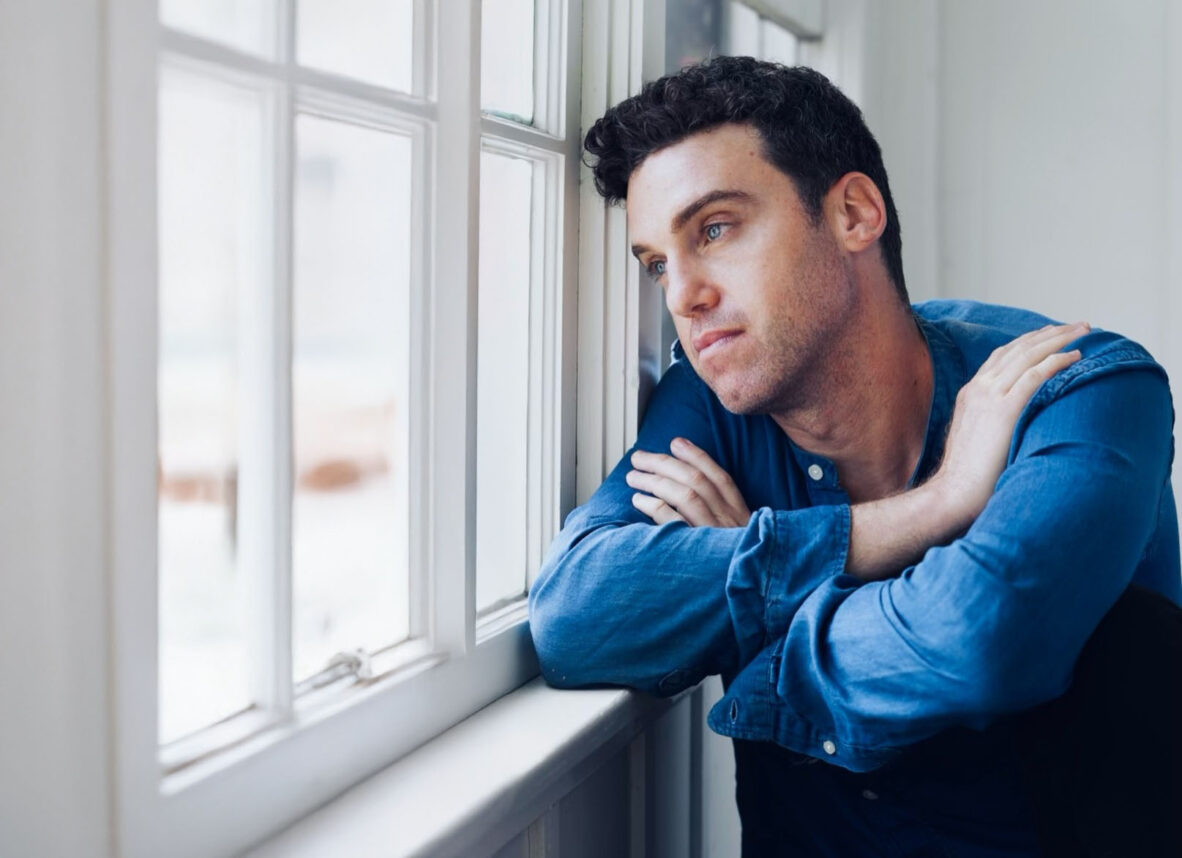



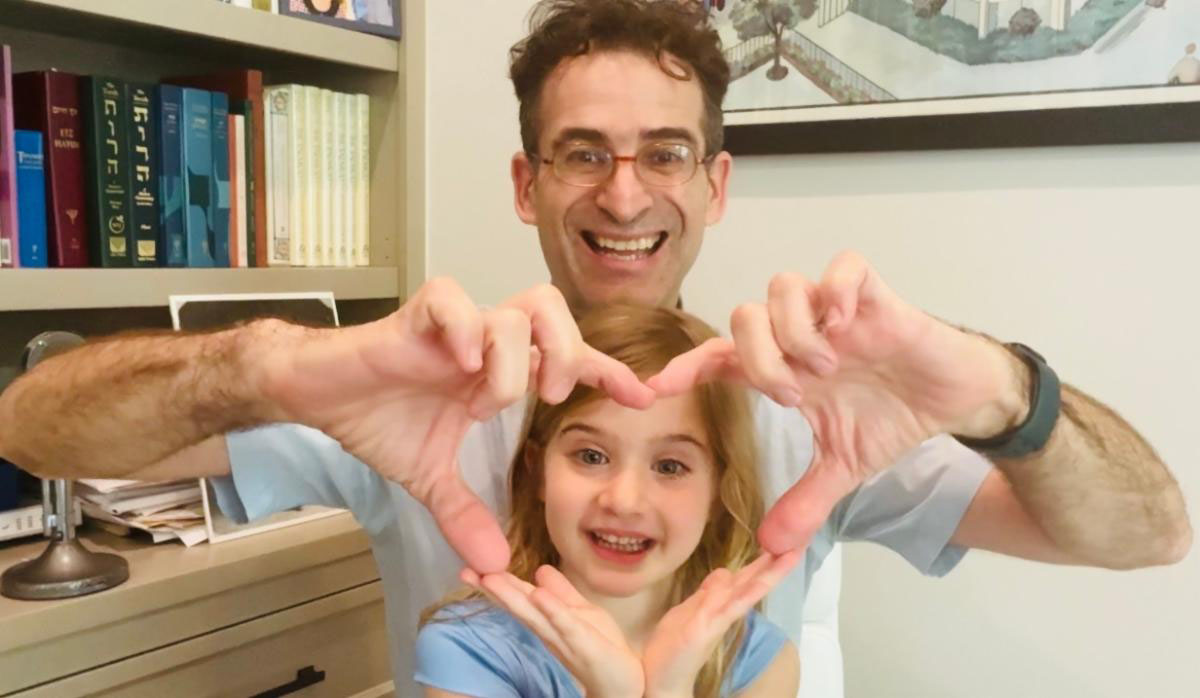
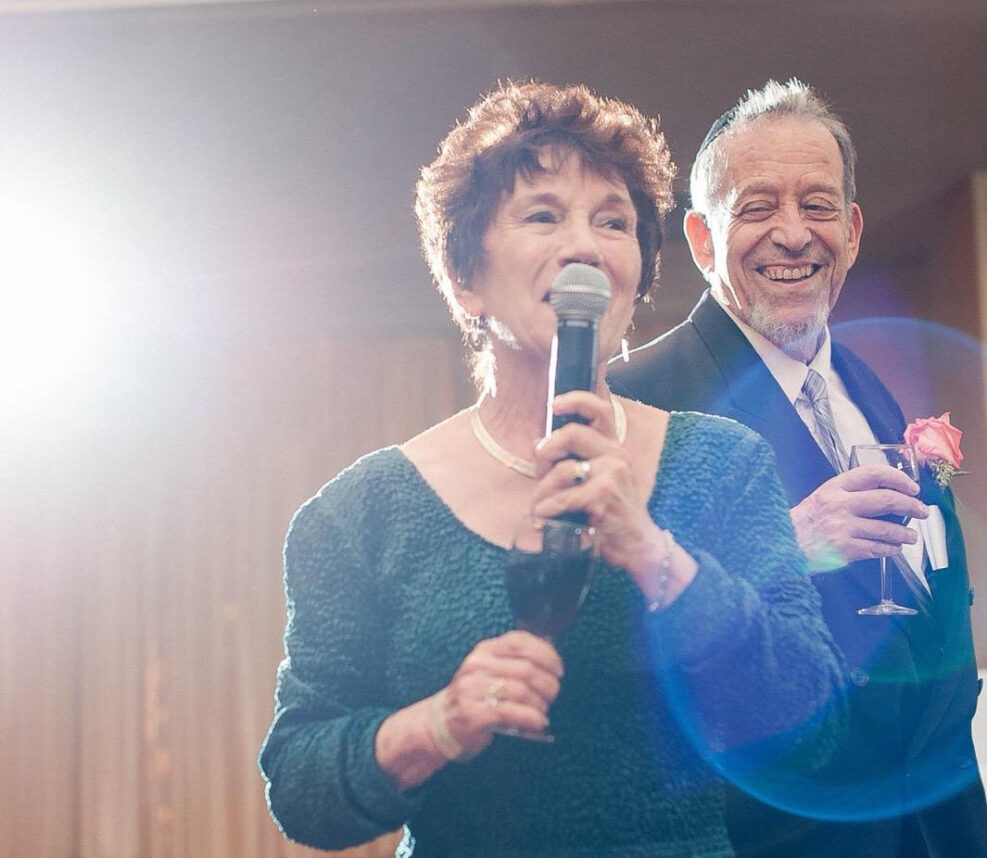

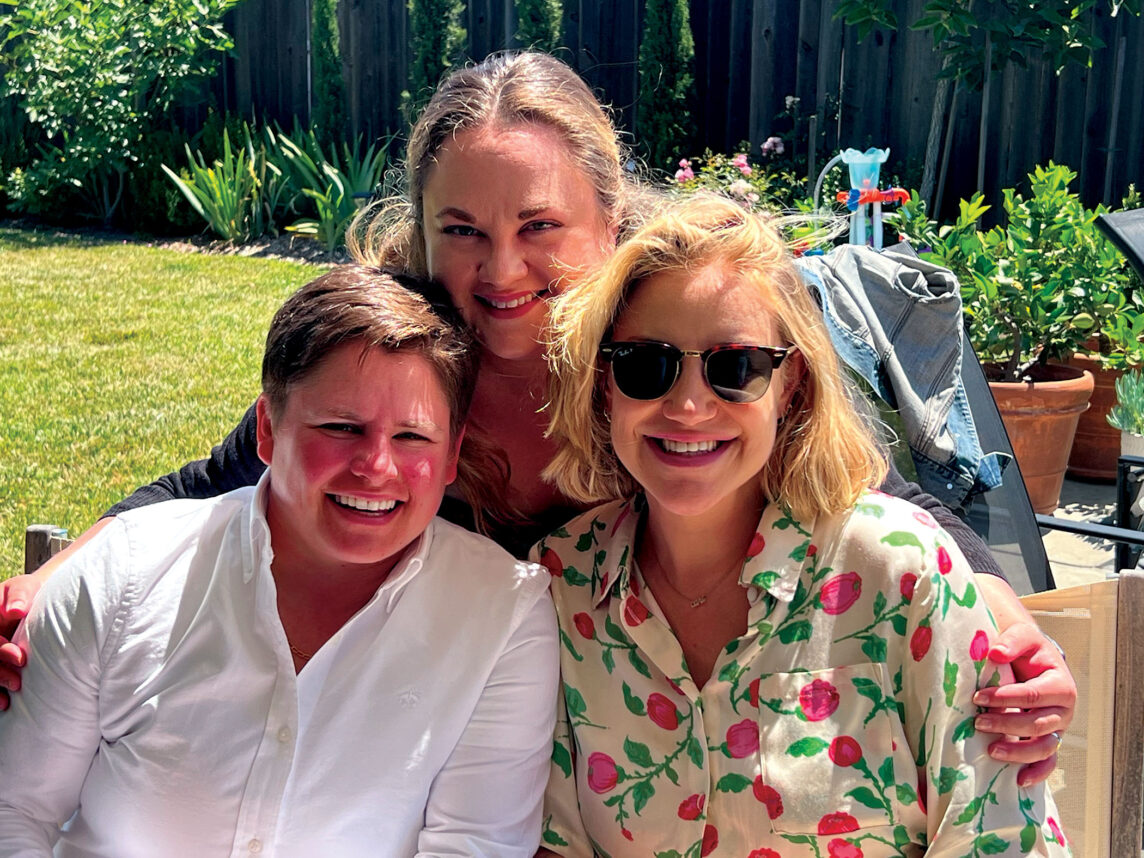
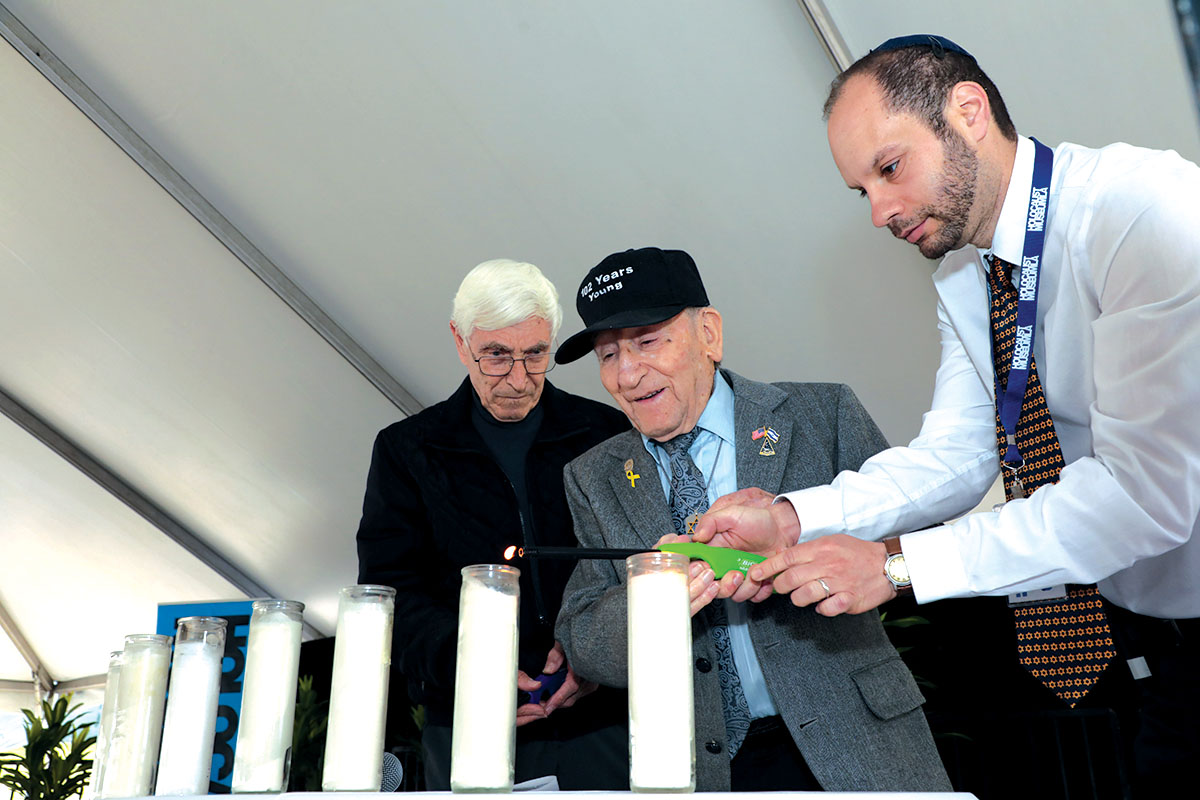




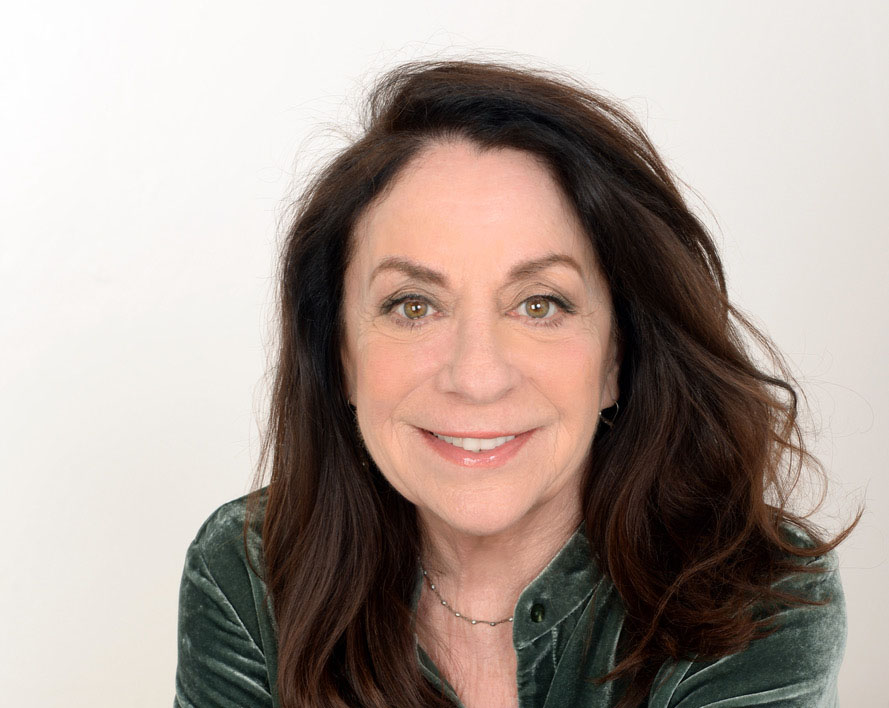


 More news and opinions than at a Shabbat dinner, right in your inbox.
More news and opinions than at a Shabbat dinner, right in your inbox.